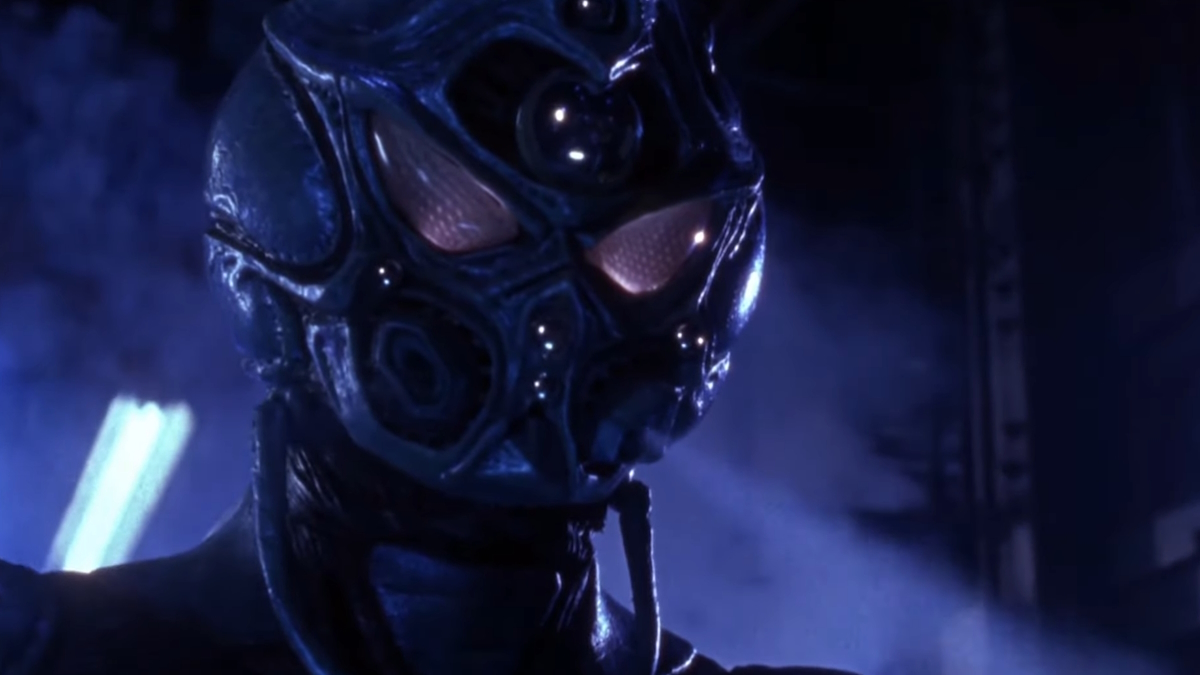
Some of the biggest movies in the world have been made with blank checks. But other iconic movies, and some underrated gems, were made for next to nothing at all.
In the long history of cinema, money is the biggest difference-maker for artists. Some studios seem to throw money around like candy, bankrolling mega-budget tent poles for eye-watering sums. (And only sometimes do the results actually seem to show.) But just as often, there comes a stone-cold classic made for miniscule amounts. Those movies might become classics in their own right. They win awards, or catapult the artists behind them to a greater level of fame.
Some of the greatest movies in history came together out of pure ingenuity, grit, cleverness over limitation, and tons of maxed-out credit cards. Here are 32 must-see low budget movies - our parameters being that they were made for under $10 million U.S. - many of which have spawned artists you’ve definitely heard of before.
32. Versus (2000)
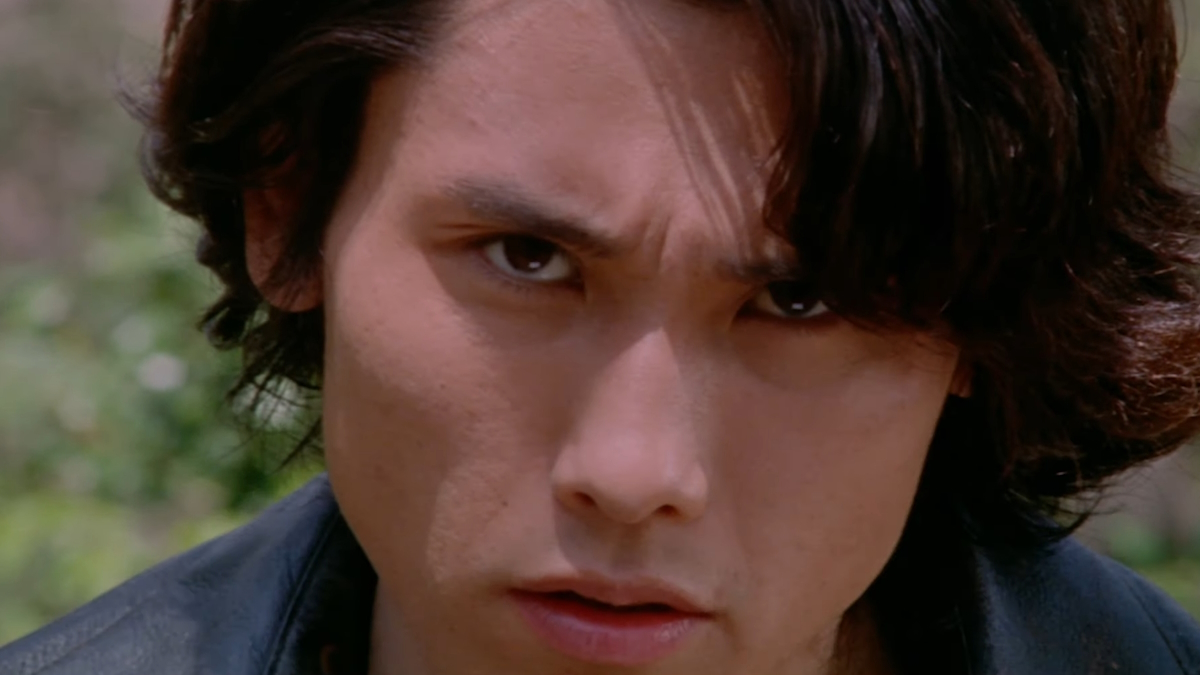
The debut feature from Japanese B-horror master Ryuhei Kitamura, Versus follows a group of convicts, yakuza gang members, and a kidnapped woman, who all find themselves surrounded by flesh-hungry walking corpses in a haunted forest. A fusion of schlocky zombie horror with breakneck martial arts and gunplay, Versus is a midnight delight that lives up to indie DIY spirit by making the absolute most of its approximate $10,000 budget. In behind-the-scenes features included on the movie’s DVD release, both the actors and Kitamura himself express hardships during filming due to their meager resources.
31. El Mariachi (1992)
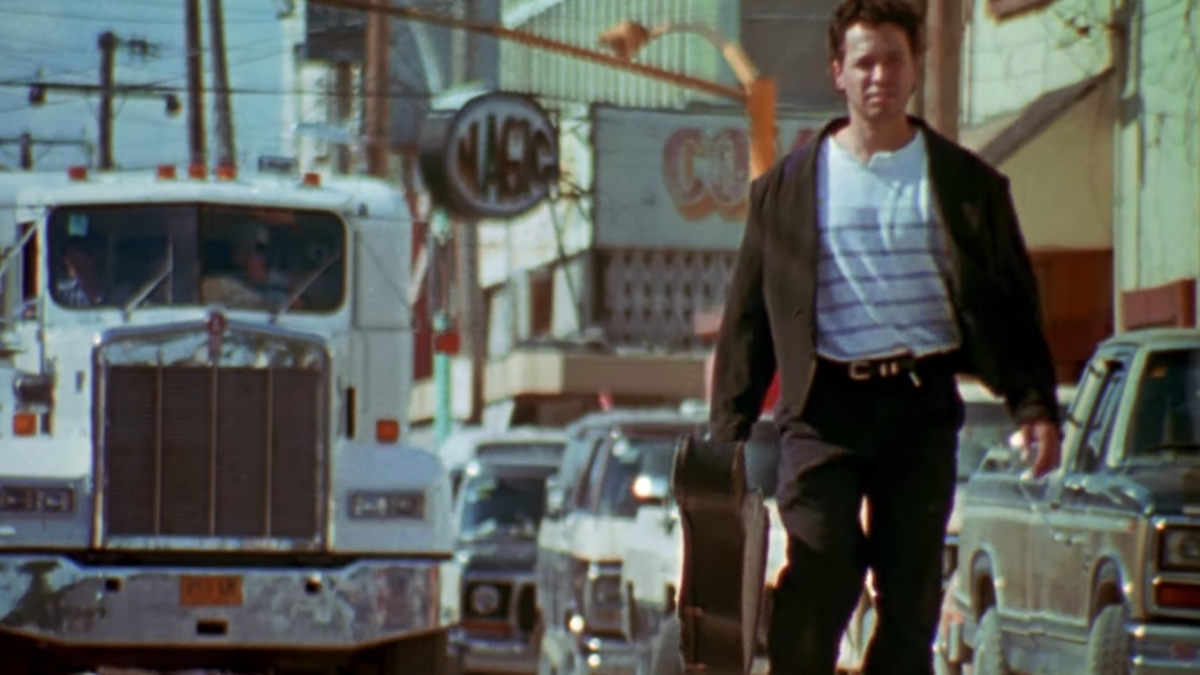
Marking the feature film debut of Robert Rodriguez, his moody and atmospheric El Mariachi stars Carlos Gallardo as an aspiring mariachi musician whose dreams are shattered when he’s mistaken for a notorious hitman who keeps his arsenal in a guitar case. A micro-budget production made for just under $8,000 - which Rodriguez financed by participating in experimental drug trials - El Mariachi was destined for Mexico’s direct-to-video market until Columbia Pictures caught wind and spent a tad bit more to polish it up and sell it worldwide. The movie not only launched Rodriguez’s Mexico Trilogy, spawning bigger budget sequels with Antonio Banderas, Salma Hayek, and Johnny Depp, but also launched Rodriguez himself into Hollywood to helm hits like From Dusk Till Dawn, Sin City, and the Spy Kids series.
30. Moonlight (2016)
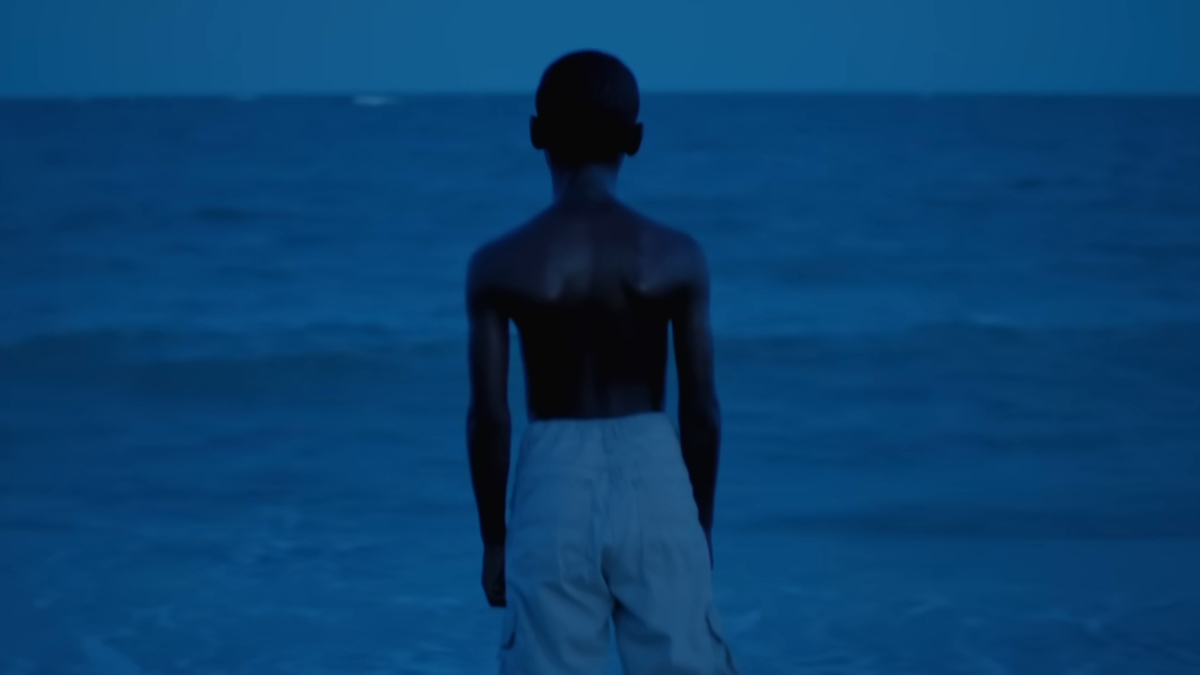
It won the Oscar for Best Picture over La La Land (albeit in controversial fashion), but that doesn’t take away from its humble assembly. Shot on a budget of approximately $1.2 million estimated by its director Barry Jenkins (who said as much on Twitter/X in 2018), Moonlight beautifully brings to the screen Tarell Alvin McCraney’s unpublished play In Moonlight Black Boys Look Blue. A moving rumination on Black identity, masculinity, and queer sexuality, Moonlight charts the growth of a young man, Chiron (played at different stages in his life by Alex R. Hibbert, Ashton Sanders, and Trevante Rhodes) who grapples with his sense of self in crack epidemic-era Florida. Don’t let the blinding awards accolades distract you: Moonlight is both tender and uncompromising.
29. The Lobster (2015)
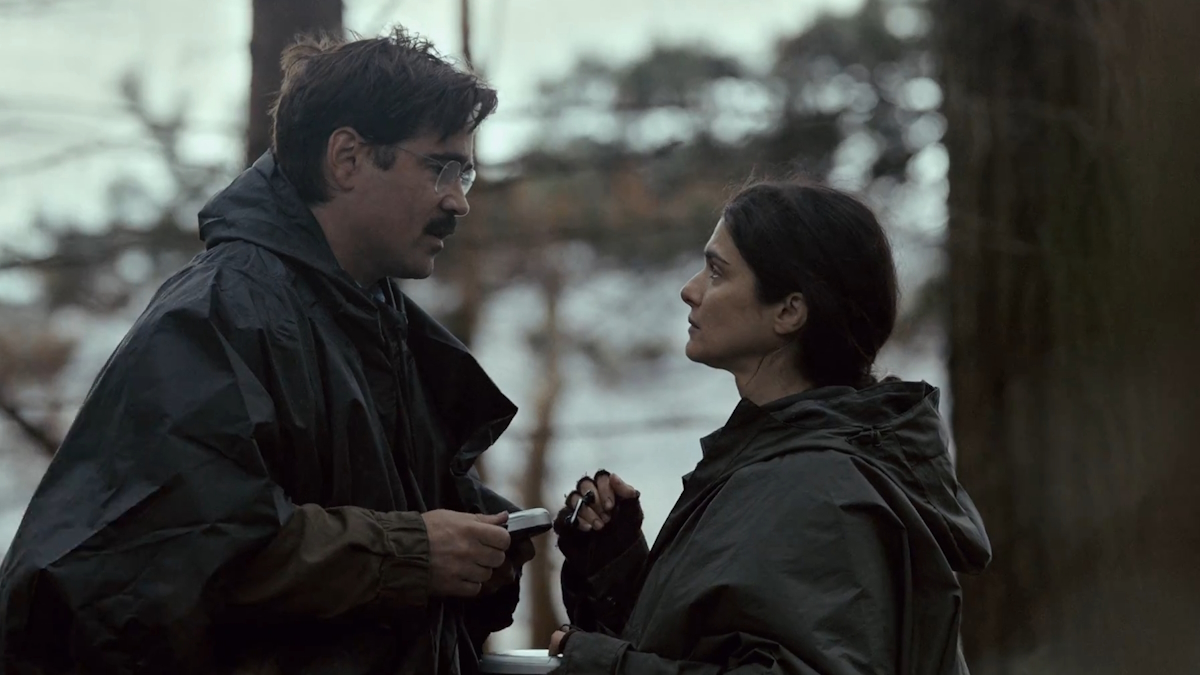
Only Yorgos Lanthimos could make a nonsense, $4 million movie feel intimately harrowing. In this absurdist dystopian sci-fi, romantic partnerships are a matter of life and death. This spurs lonely people like David (Colin Farrell) to submit themselves to sumptuary “hotels” in which guests must find a partner or else they are morphed into an animal of their choice. (David has chosen to become a lobster, should his efforts fail.) Lanthimos’ movie sports an outsized cast, including Rachel Weisz, Léa Seydoux, Olivia Colman, and John C. Reilly, all of whom buoy this clever and illuminative satire about how much pressure society imposes on relationships and how modern dating is painfully awful.
28. Rocky (1976)
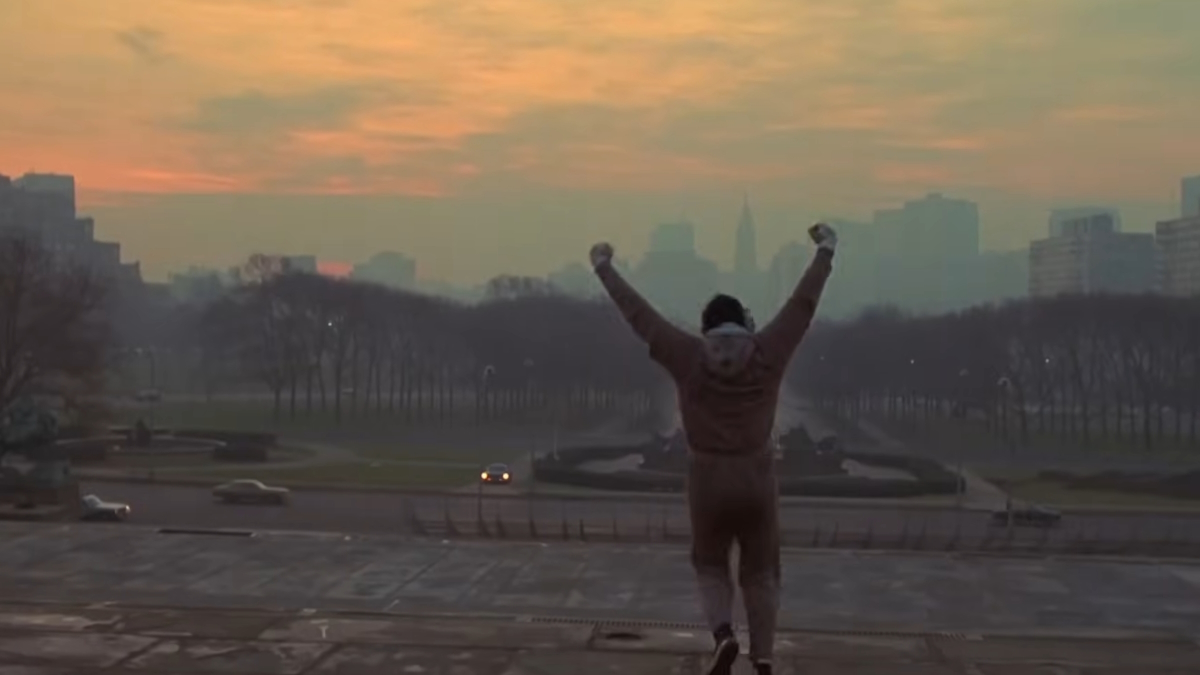
It’s hard to fathom because of how much it’s spawned a touchstone franchise, as well as Sylvester Stallone’s career. But the original Rocky from 1976 and directed by John G. Avildsen has lightweight beginnings. Written by Stallone shortly after watching Muhammad Ali and Chuck Wepner box in their March 1975 championship bout, the film almost became a made-for-TV movie at ABC before becoming a theatrical production under United Artists. Producers balked at Stallone’s insistence to star, preferring more established talents instead. (Actors like Robert Redford and Burt Reynolds were thrown around.) There’s more to the story, but in short, Rocky was made for just over a million dollars with an additional four million more spent towards marketing. In the end, Rocky was a true underdog success story, becoming one of the most beloved sports dramas and creating one of the most successful franchises of all time.
27. We’re All Going to the World’s Fair (2021)
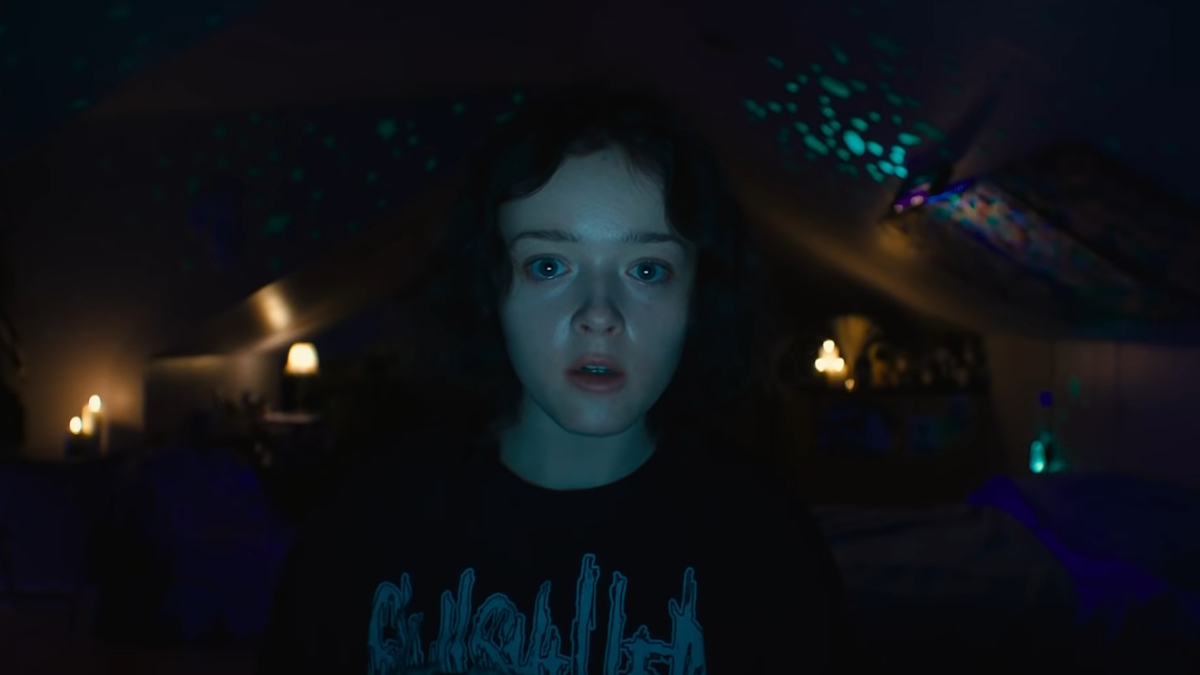
Although it was filmed before the world retreated into pandemic-induced isolation, Jane Schoenbrun’s low budget feature debut We’re All Going to the World’s Fair expertly harnesses the creepy anxiousness of having lives lived online, and how our need for connection has been rendered faceless behind screens. A teenage girl (Anna Cobb) participates in the “World’s Fair Challenge,” a social media game involving one quick ritual - a prick of the finger, followed by hypnotic chanting - and subsequent documentation of the strange horrors they may or may not be experiencing. In a 2021 interview with Input, Schoenbrun revealed the movie was made for just $175,000. They strove for a tone that was simultaneously “spooky” and “soothing,” like the tinny hum of an apartment radiator.
26. Super (2010)
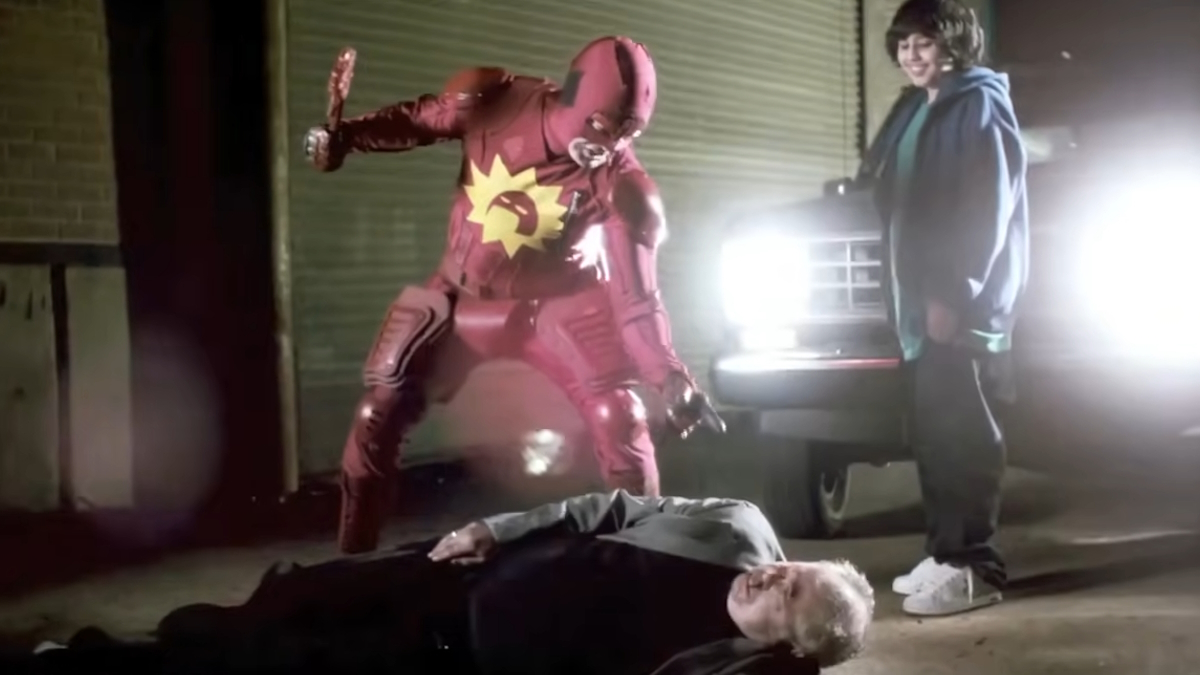
Before James Gunn blasted off into superhero franchises, the filmmaker satirized the genre with his own indie black comedy Super, which was priced at $2.5 million. Rainn Wilson plays a short-order cook who becomes a superhero known as the “Crimson Bolt” to rescue his drug addict wife (Liv Tyler) from the clutches of her new boyfriend and strip club owner (Kevin Bacon). While a hybrid of sorts, being both a superhero satire and rescue thriller, Super is ultimately a provocative portrait of the ideals we create in our heads, and how much reality isn’t always a simple matter of good versus evil.
25. Tangerine (2015)
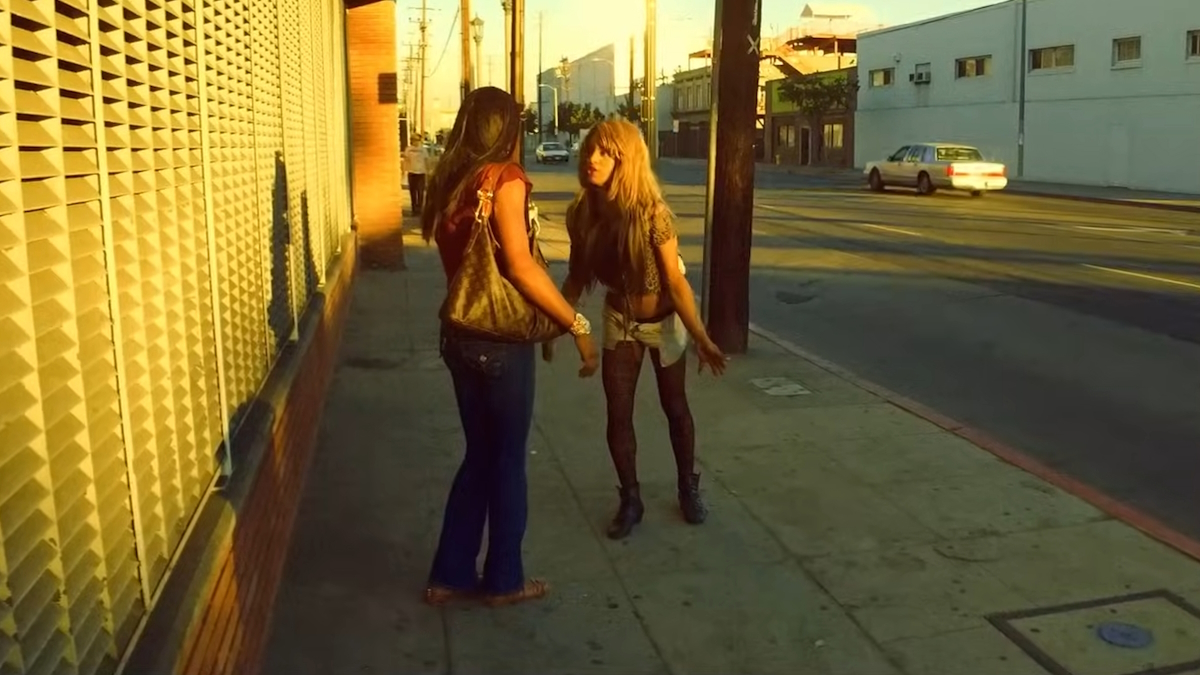
In this microbudget comedy-drama from director Sean Baker, a trans sex worker named Sin-Dee Rella (Kitana Kiki Rodriguez) learns that her boyfriend and pimp has been cheating on her with a cisgender white woman. Over the course of one fateful Christmas Eve, Sin-Dee hunts for her boyfriend with the help of her best friend Alexandra (Mya Taylor). With its strange vibes of “Grand Theft Auto meets Wong Kar-wai” and footage shot entirely on iPhone 5S smartphones, Tangerine unearths tons of heart in its seedy aesthetics, the always-setting California sun drenching the grimey corners of Hollywood in a picturesque golden glow.
24. First Cow (2019)
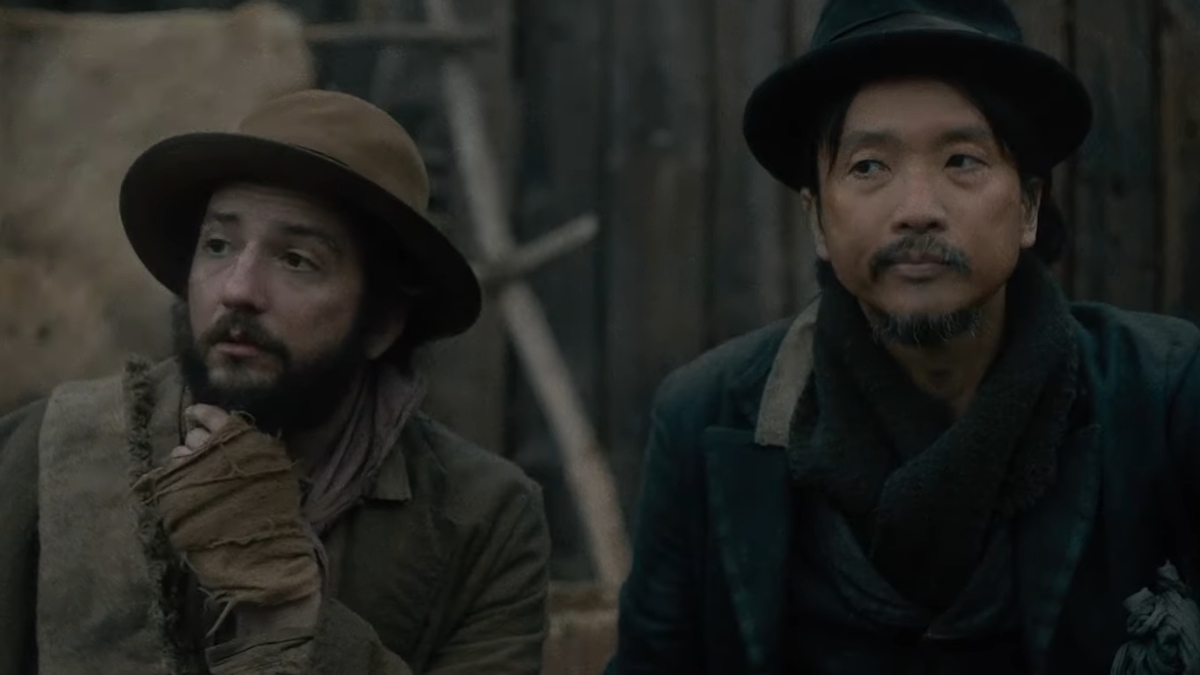
From acclaimed filmmaker Kelly Reichardt, First Cow is a heart-shattering portrait of friendship and the personal decimation in one's pursuit in the American dream. In 1820 Oregon, two unlikely friends - a quiet chef (John Magaro) and a Chinese immigrant on the lam (Orion Lee) - hatch a scheme to secretly milk the cow belonging to a wealthy English trader. Their delicious biscuits, baked from the cow’s milk, become a huge hit, allowing them to enjoy a small fortune before fate intervenes. While First Cow’s budget of over $2 million was the most money the filmmaker had ever dealt with at that point, it’s still a (milk) drop in the bucket compared to the unimaginable figures of other movies. Reichardt acknowledged as much, telling GQ in 2020 that First Cow was “a low-budget film, obviously, but bigger for me.”
23. Guyver: Dark Hero (1994)
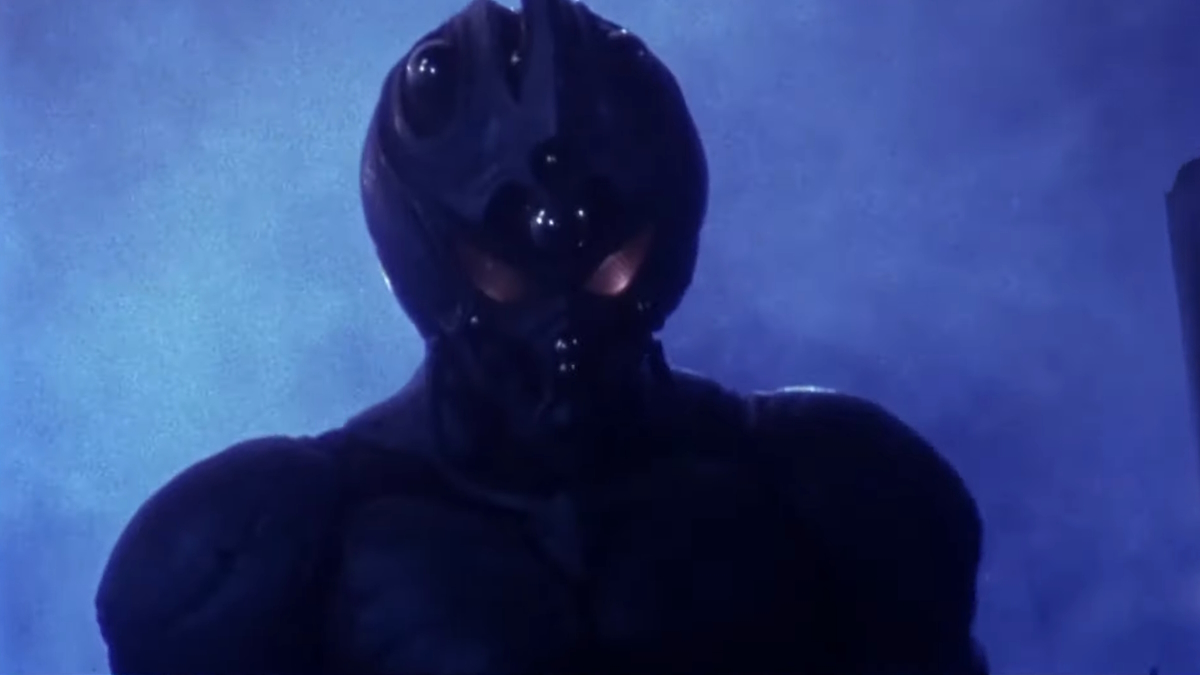
A Cronenberg-esque alternative to Mighty Morphin Power Rangers, Guyver: Dark Hero from Steve Wang follows up its 1991 predecessor The Guyver as an adaptation of the Japanese manga/anime franchise Bio Booster Armor Guyver. (Metal Gear Solid actor David Hayter replaces previous Guyver star Jack Armstrong.) Set one year after The Guyver, the sequel sees Sean Barker (Hayter) using his alien powers to fight crime but finds himself haunted by visions of an archaeological dig site. Guyver: Dark Hero is superior to the original, being a darker and more action-oriented film in which Steve Wang, a devout tokusatsu fanatic, applies his fandom enthusiasm to his craftsmanship.
22. The Texas Chain Saw Massacre (1974)
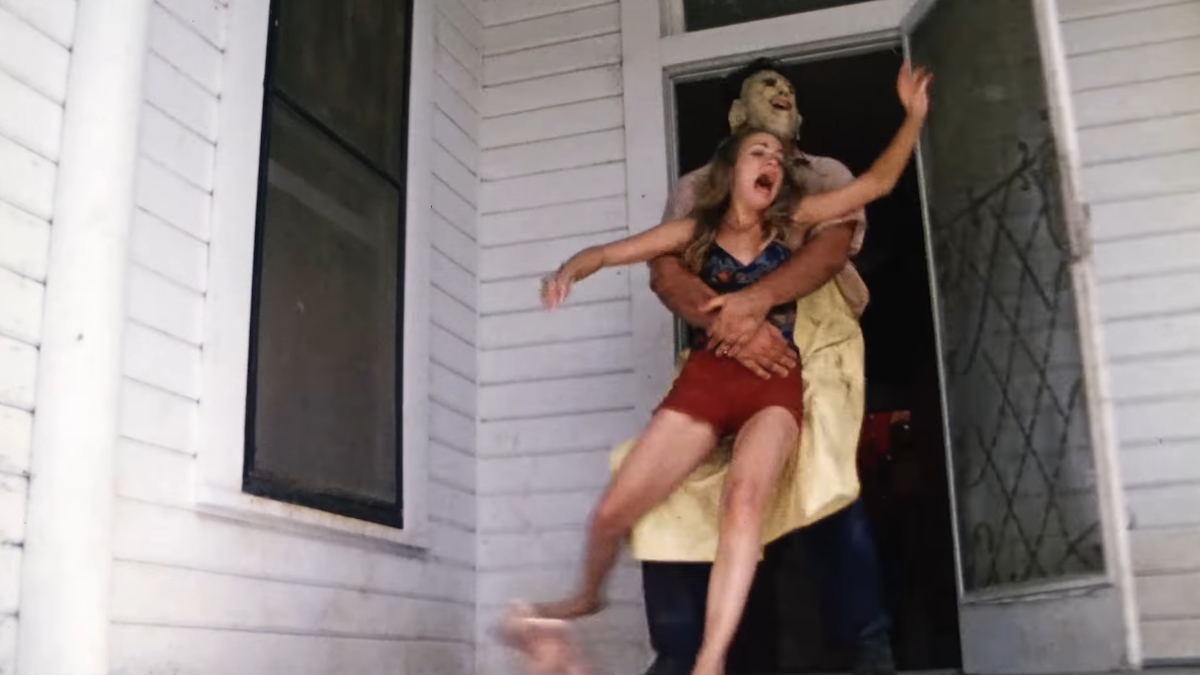
One of the most influential horror movies of all time, The Texas Chain Saw Massacre is the creation of director Tobe Hooper who was altogether drawn and horrified by the gruesomeness of TV news, serial killers like Ed Gein, and a political landscape shaped by Watergate and Vietnam. Produced on a budget in the neighborhood of $140,000, The Texas Chain Saw Massacre - arguably the definitive slasher in which teens wander into the wilderness and are viciously killed off one by one - epitomizes horror as the go-to genre for intrepid, experimental artists to make the most out of what little they have. Sometimes, what they churn out become classics.
21. Clerks (1994)
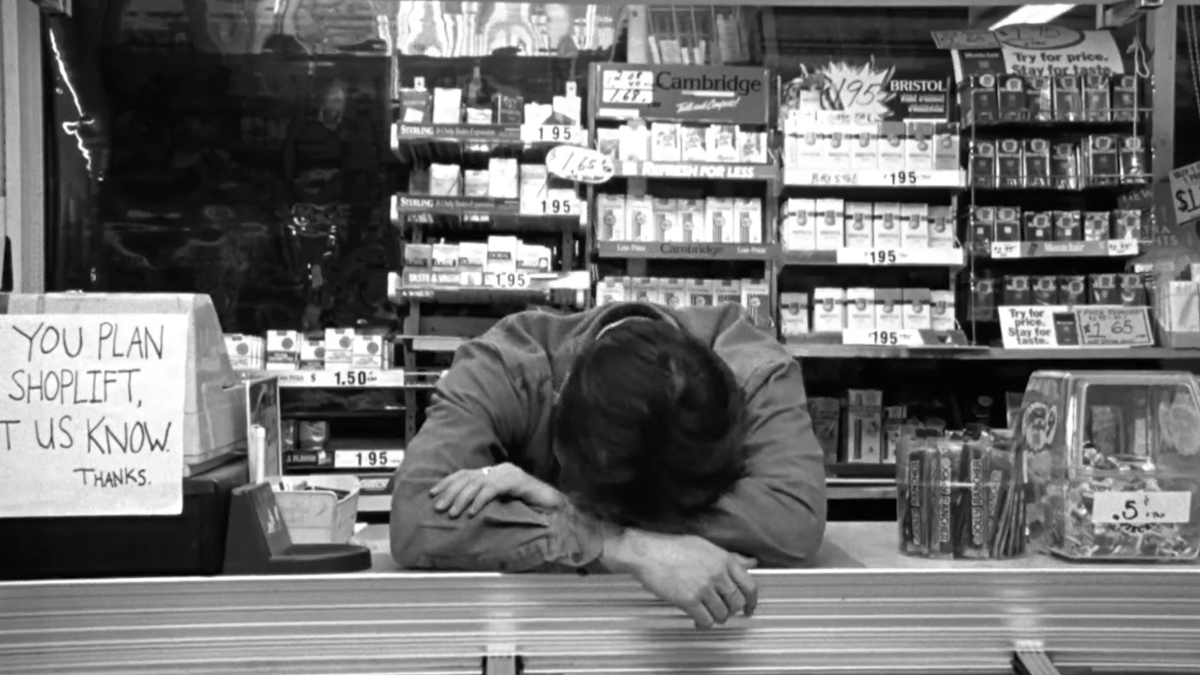
The debut film from New Jersey auteur Kevin Smith, this slice-of-life indie dramedy chronicles one hectic day at a suburban convenience store manned by frustrated Dante (Brian O’Halloran) and cynical movie junkie Randall (Jeff Anderson). The film was made on less than $30,000, which a 23-year-old Smith financed from maxed-out credit cards, selling his prized comic book collection, and asking his parents; the movie’s black-and-white cinematography wasn’t an artistic choice so much as a budgetary one as Smith couldn’t afford color film stock. After a whisper-quiet premiere at the Sundance Film Festival, Clerks was picked up by Miramax and became an indie movie sensation, launching Smith’s career and brand in the process.
20. The Worst Person in the World (2021)
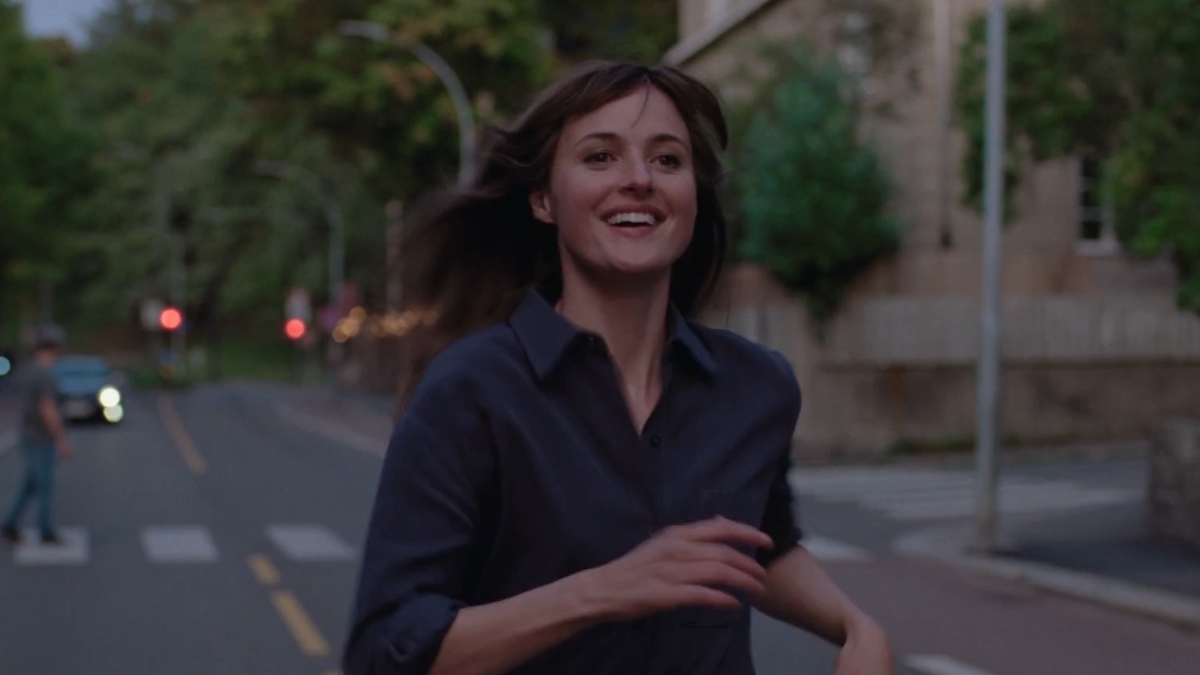
Norwegian filmmaker Joachim Trier interrogates the pitfalls of modern relationships and our need for connections, however long they last, in his 2021 rom-com The Worst Person in the World. Renate Reinsve stars as Julie, a young woman in Oslo whose change in academic study kicks off a serpentine path that puts her in front of two men: comic book creator Aksel (Anders Danielsen Lie), and later, barista Eivind (Herbert Nordrum). Julie isn’t necessarily THE worst person in the world, but she is a young woman paralyzed by commitment which frustrates those who try to love her. Produced at a budget of $5.6 million (U.S.), reported by Variety, The Worst Person in the World is a thoroughly modern movie that cleverly subverts rom-com conventions.
19. I Saw the Devil (2010)
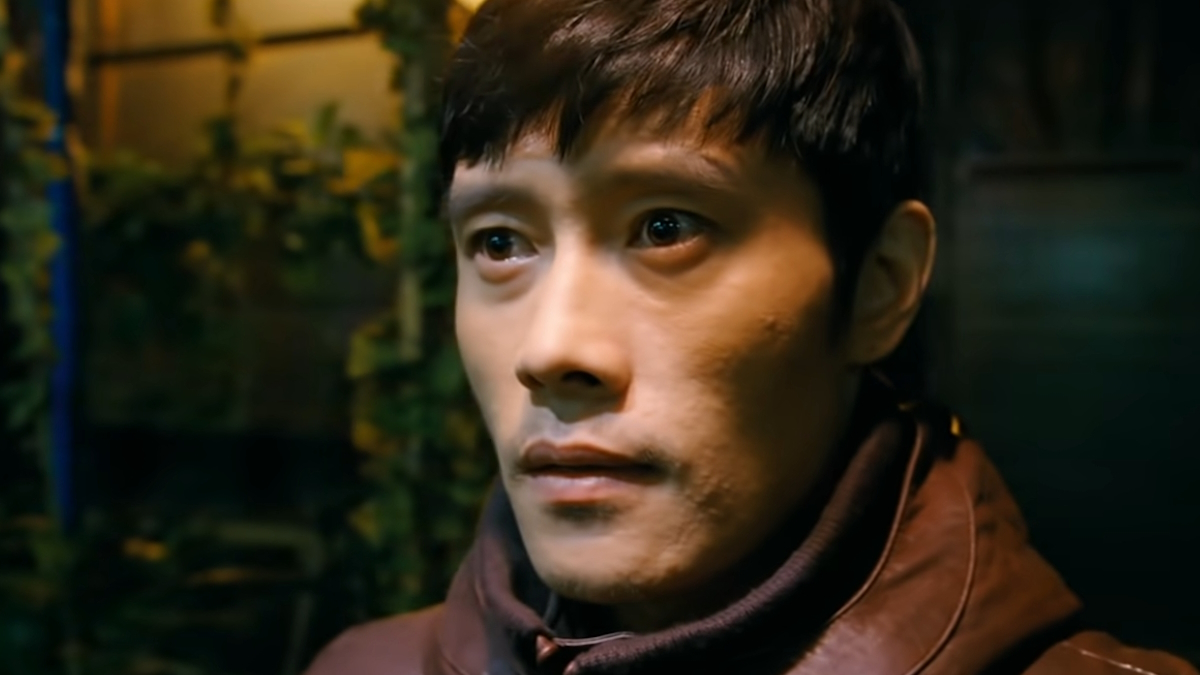
Although this pitch black dark thriller stars Korean film industry A-listers Lee Byung-hun and Choi Min-sik in the lead roles, Kim Jee-woon’s unforgettable I Saw the Devil impressively came together for just a $6 million price tag. Lee stars as a government agent on the trail for the ruthless serial killer (Choi) who murdered his wife. Equal parts perverse and pulverizing, I Saw the Devil is a transgressive Korean New Wave classic that makes so many other R-rated thrillers look like a Saturday morning cartoon.
18. Lost in Translation (2003)
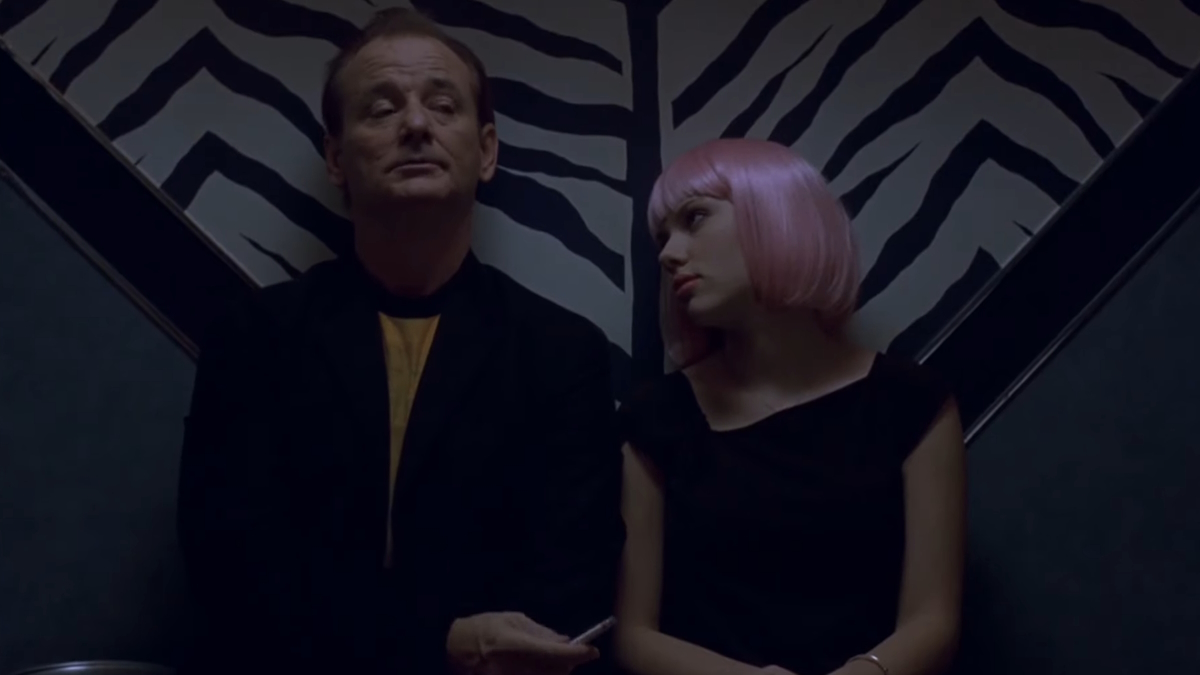
In this early aughts classic from Sofia Coppola, Bill Murray plays an aging American movie star whose midlife crisis coincides with a stay in Japan as a whisky spokesperson. He meets a young, beautiful college graduate (Scarlett Johansson), with whom he forges a deep connection against their loneliness. Described by Coppola as “romantic melancholy” in a 2004 Sight & Sound interview, Lost in Translation came together after a 27-day shoot in September 2002, with a small crew at hand. Don’t let the star power of Murray and Johasson fool you; it was made for only $4 million, because of Coppola’s insistence at keeping creative control. She achieved this by inviting various distributors from different regions to finance the project, reducing any single entity’s influence.
17. American Psycho (2000)
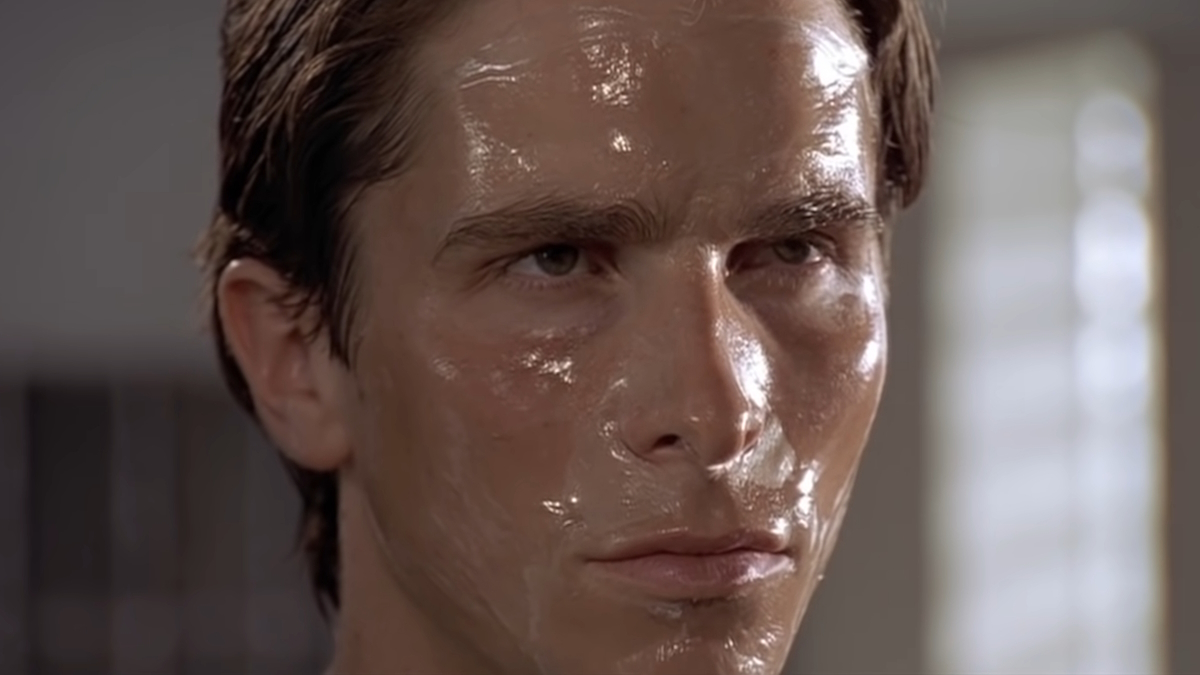
American Psycho was by no means a tiny movie. Though it was produced as an independent movie, its development had at various times courted major names like Oliver Stone and David Cronenberg to direct and Leonardo DiCaprio to star. In the end, American Psycho starred Christian Bale, whose lean $50,000 salary afforded the producers to surround him with comparatively higher-profile actors like Willem Dafoe, Reese Witherspoon, and Jared Leto. The total cost for the movie wound up just $7 million, which is impressive given the movie’s enduring legacy, especially as a never-ending meme machine.
16. Drive (1997)
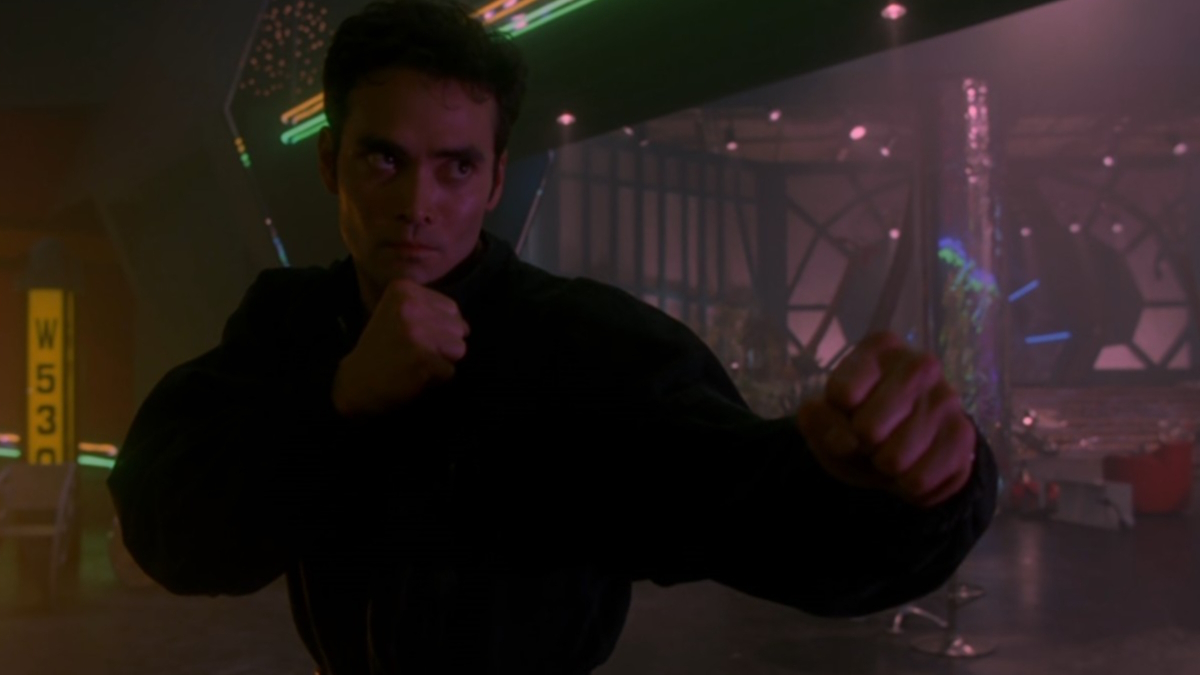
No, we’re not talking about the Ryan Gosling movie here. From director Steve Wang and Power Rangers choreographer Koichi Sakamoto, Drive stars Mark Dacascos (John Wick: Chapter 3 - Parabellum) and Kadeem Hardison (A Different World), whose characters meet and end up on a time-sensitive road trip to deliver a cutting-edge device to buyers in Los Angeles. Boasting gravity-defying martial arts scenes and a young Brittany Murphy making an appearance early in her career, Drive is a serious joyride, an underrated, overlooked ‘90s gem produced at a modest $3.5 million budget.
15. Colin (2008)
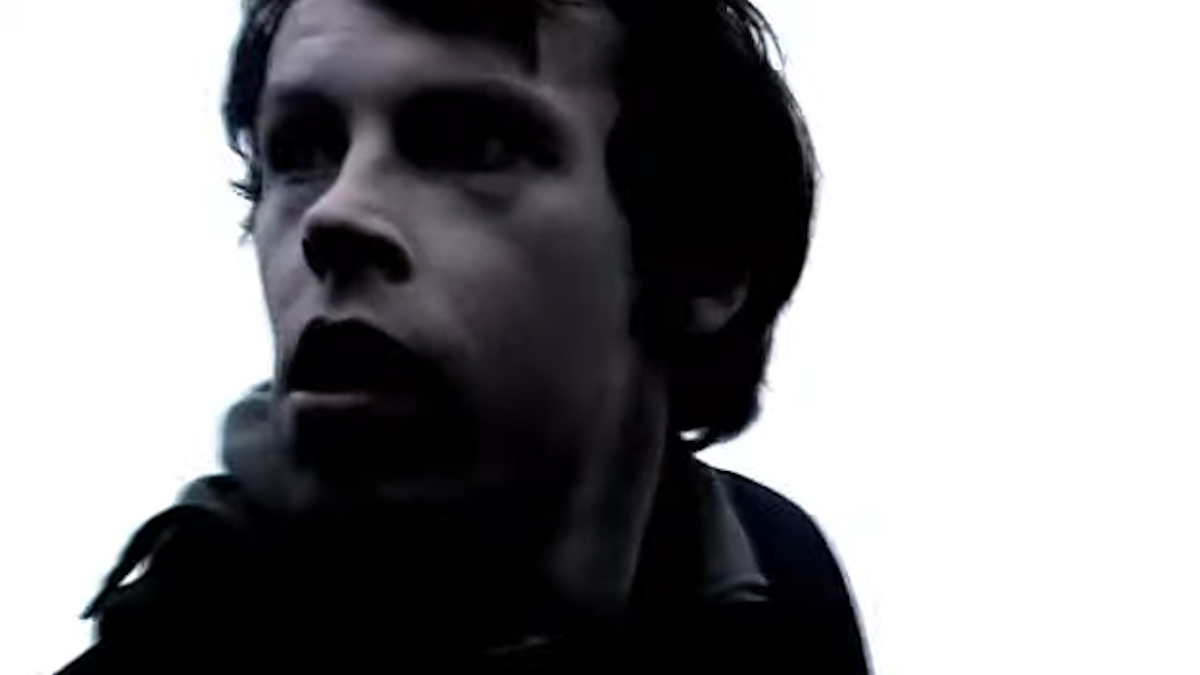
For a brief moment in 2009, a $70 movie was the talk of the Cannes Film Festival. From writer and director Marc Price, Colin is a British zombie film that flips the script by following a freshly turned zombie (Alastair Kirton) as he tries to survive being killed by human survivors. Shot on old Panasonic camcorders and edited by Price on his home PC with an outdated version of Adobe Premiere, Colin is the ultimate example of budget DIY creativity and still having a caustic bite. In a 2012 GQ interview, Martin Scorsese revealed he was a fan of Colin, describing it as “savage,” “disturbing,” and having “an energy that took the zombie idea to another level.”
14. Aniara (2018)
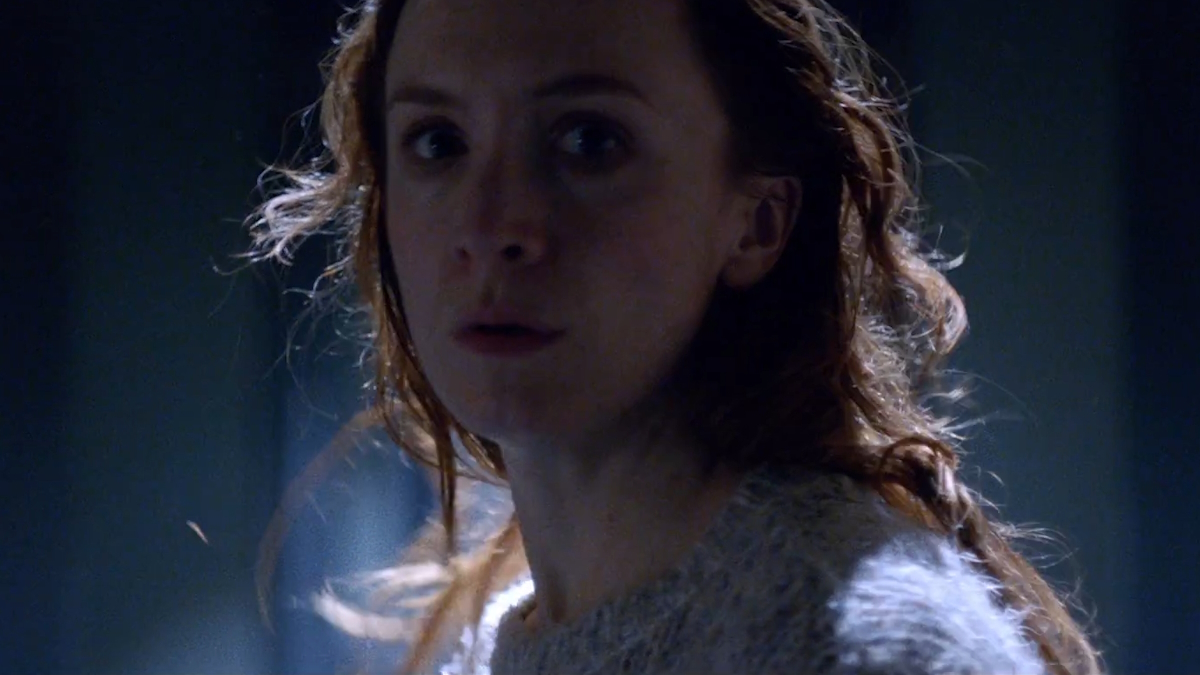
A haunting British-Danish sci-fi based on a 1956 poem, Aniara takes place in a semi-distant future after climate change has ravaged Earth. Mass migration to Mars is now possible, including the luxury ship Aniara that takes travelers on a three week long, one-way cruise. After Aniara is thrown off course, the passengers overflow “Mima,” an escapist virtual experience that allows them to escape into memories of Earth’s lush and verdant past. Emelie Garbers stars as the nameless caretaker of Mima, who herself feels lost with her fellow passengers. Shot for $1.95 million Euros and filmed in a shopping mall that doubles as the ship’s interiors, Aniara’s arresting, slow-crawl into existential horror eclipses the shortcomings of its budget CGI.
13. Better Luck Tomorrow (2002)
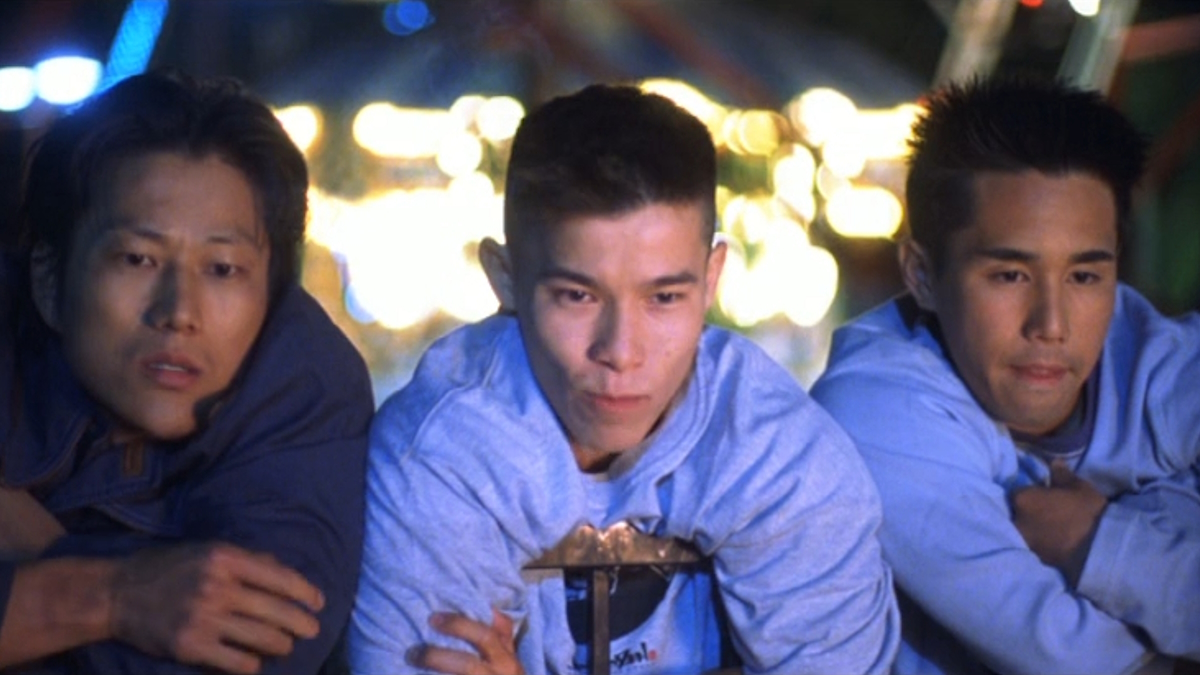
Before Justin Lin drifted into the higher planes of Fast & Furious and Star Trek, he captured the anxiety of Asian American youth culture in Better Luck Tomorrow. Co-written by Lin, Ernesto Foronda, and Fabian Marquez, Better Luck Tomorrow follows a stereotypically studious Asian American high schooler named Ben (Parry Shen) whose academic excellence is the perfect cover for his petty crime side hustles. Eventually, things culminate in unspeakable murder. Inspired by real-world events like Columbine and the 1992 murder of Stuart Tay - a case dubbed the “Honor Roll Murder” by the press - Better Luck Tomorrow is a movie powered by its raw emotions and frustrations about identity. It was financed by Lin on his own credit cards and life savings, along with a last-minute investment by MC Hammer who had met Lin several years prior.
12. Pig (2021)
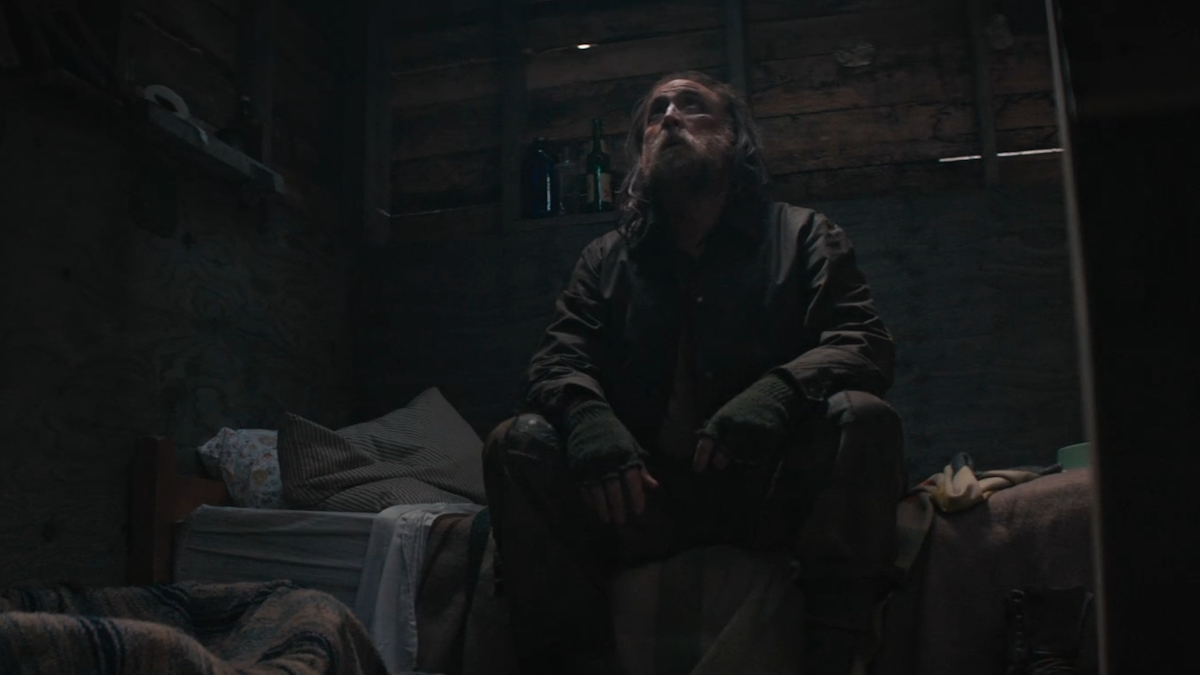
From writer and director Michael Sarnoski in his feature debut, A-lister Nicholas Cage leads as a reclusive truffle-hunter living in the Oregon forest, having long ago left behind his city life as a celebrated chef. After his prized pig is stolen, Cage’s “Rob” returns to the city to locate his only real friend. While mistakenly described as “John Wick with a pig,” Pig is far more elegant than that crude description, as a film about the profound intimacy of meals and the pains of love and loss. In a 2022 article by The Hollywood Reporter, it was confirmed that Pig’s budget was just $3 million, with one-third of the total budget saved for Cage.
11. Singles (1992)
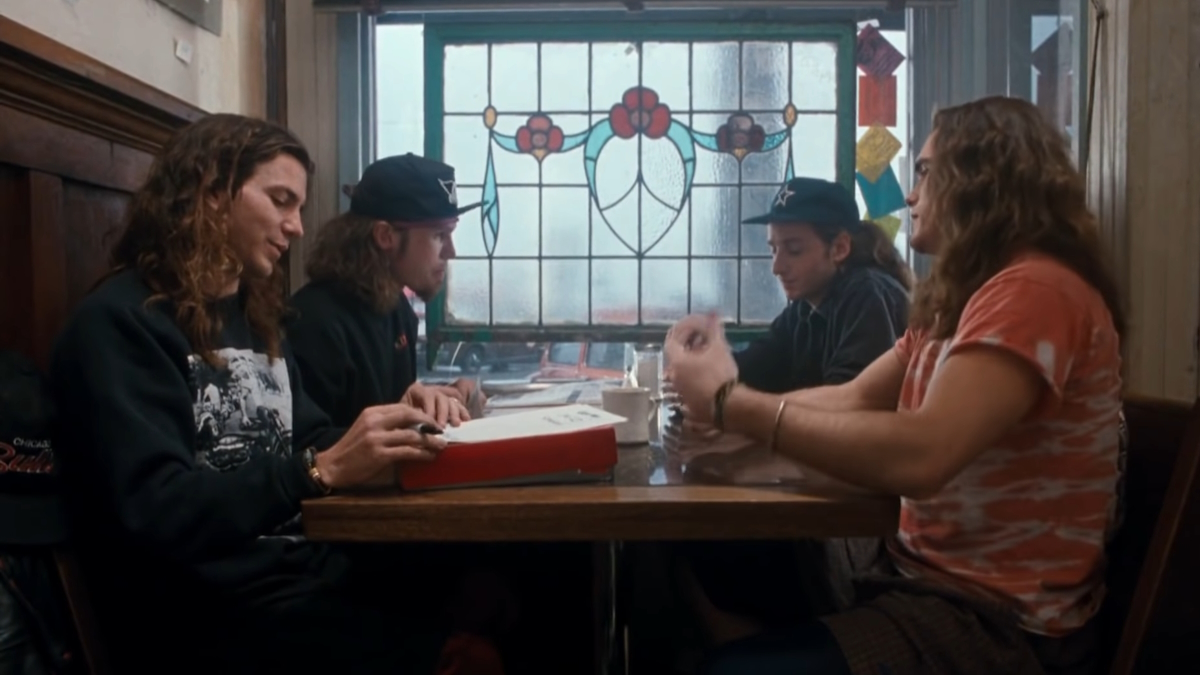
With Cameron Crowe sourcing his music expertise as a former Rolling Stone journalist, his second feature film Singles captures the nascent grunge scene of Seattle with a collection of young adults balancing between love and their dreams. Bridget Fonda takes center stage as a coffee bar waitress with feelings for an aloof musician (Matt Dillon). While Singles had a respectably hefty budget for a ‘90s indie film - in the ballpark of $9 million - it still looks, feels and plays out like a basement show.
10. Breathless (1960)
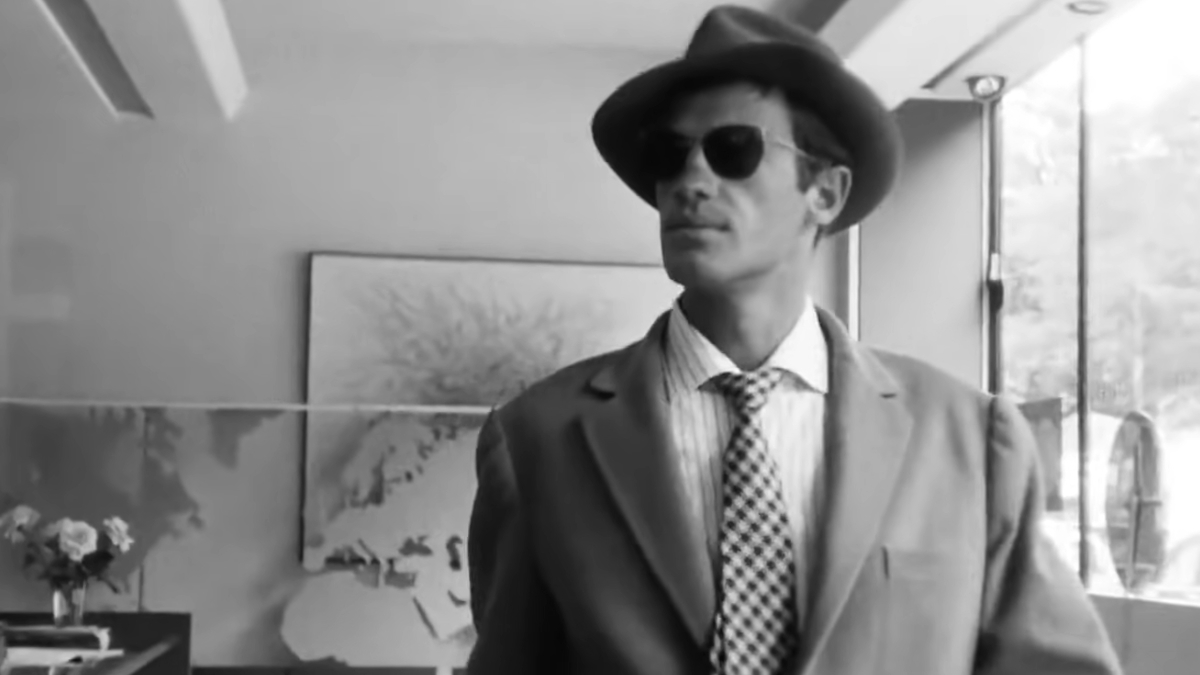
Cinephiles don’t need to be told to see Breathless. It’s a towering classic of the French New Wave, irreplaceable classics made on dollar amounts that today’s studio executives spend on lunch. But if you haven’t experienced Jean-Luc Godard’s work before, now is as good as any time to check out Breathless, which follows a two-bit criminal who fancies himself like Humphrey Bogart and hits on a beautiful American expat (Jean Seberg). Financed by Godard himself, in the neighborhood of $70,000-$80,000 USD, Breathless is proof that you can make a thought-provoking, awe-inspiring classic that lives on forever for not that much.
9. Tetsuo: The Iron Man (1989)
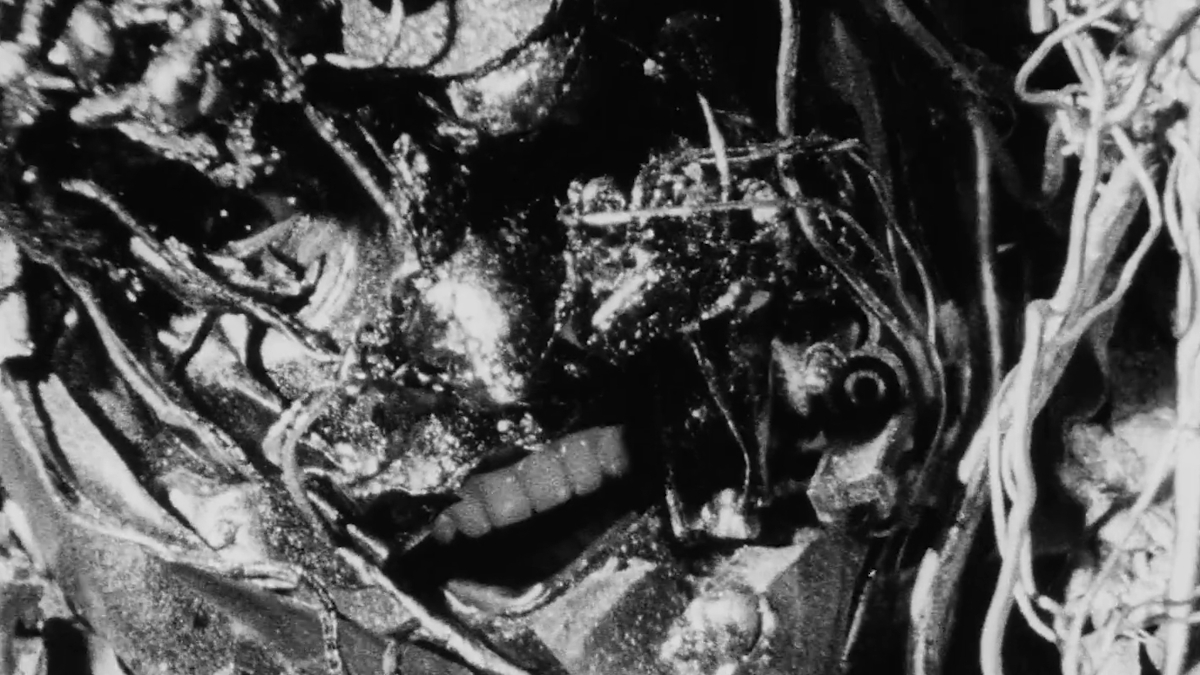
Shinya Tsukamoto’s cinematic debut tells of a Japanese salaryman (Tomorowo Taguchi) who finds his body slowly de-morphing into a metallic monstrosity. He quickly develops a connection with a hit-and-run accident victim (Kei Fujiwara), who is also enduring a similar affliction. Made on a budget between $100,000 to $130,000, Tetsuo: The Iron Man introduced Tsukamoto to the Japanese underground filmmaking scene, where he amassed a reputation and has since been cited as an influence over filmmakers like Quentin Tarantino, David Fincher, and the Wachowskis. It’s alarming, it’s arresting, it’s downright sinister, but it proves that big ideas aren’t exclusive to big budgets.
8. A Ghost Story (2017)
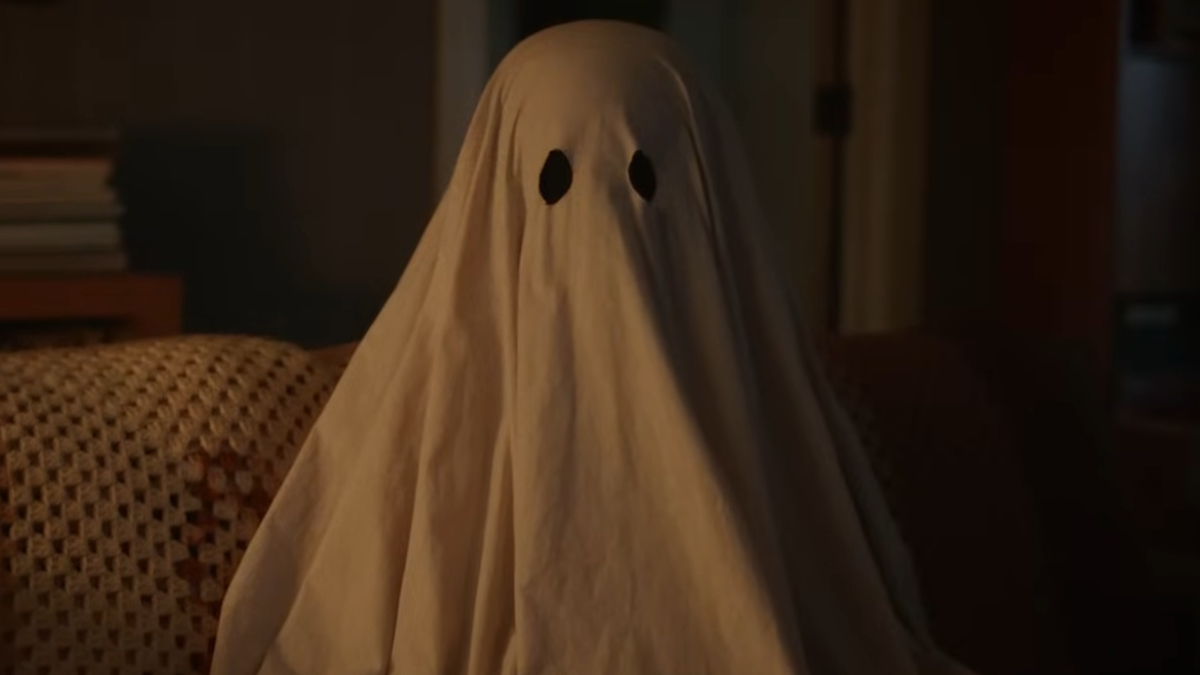
At first glance A Ghost Story feels like a farce, a bad joke, because of its titular “ghost” character (Casey Affleck) hiding under a white sheet with black cutout eyes. But that’s the playful genius of David Lowery. His supernatural romance from 2017 is more than what it seems, carrying realistic feelings of regret and yearning under a simple idea. Casey Affleck plays the recently deceased spirit of a husband, who returns as a specter to haunt his home only to feel powerless as his widowed wife (Rooney Mara) also falls apart in his absence. Profound in its minimalism, A Ghost Story unearths all our curiosities about the ones who leave us - and maybe, the ones we’ll leave behind - and it does so with just a $100,000 budget. (Exactly how much was that white bedsheet?)
7. The Invitation (2015)
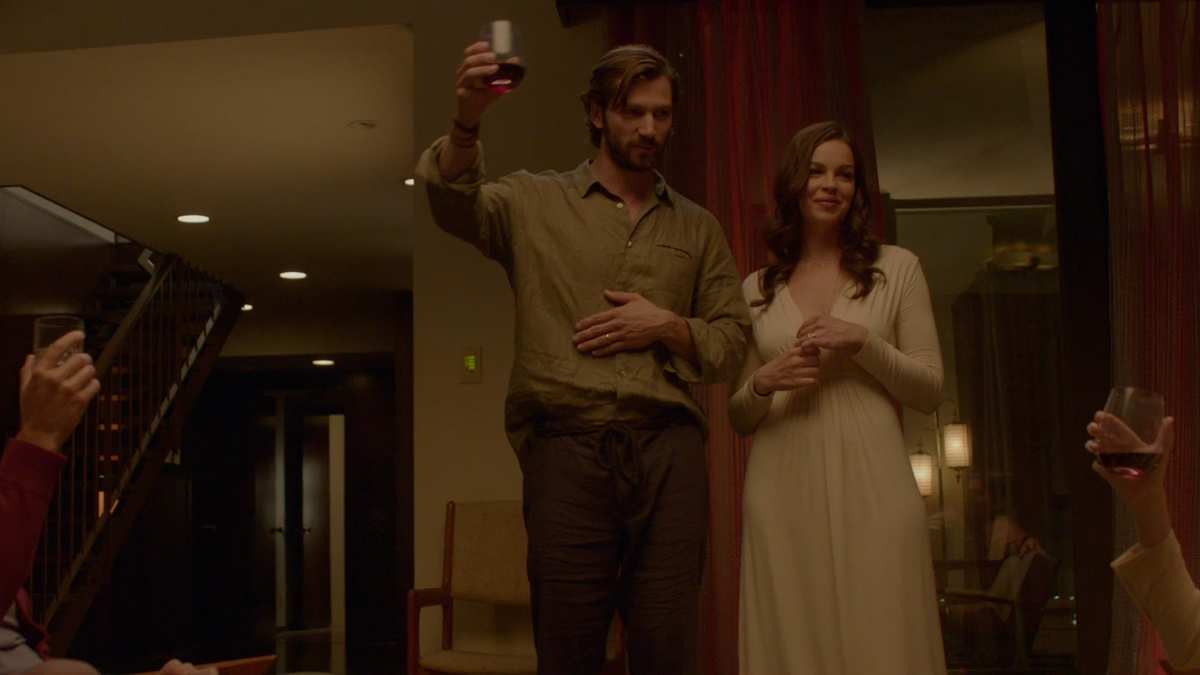
Ever had to endure a party you never wanted to attend? That’s the tension behind Karyn Kusama’s razor blade thriller The Invitation, about a detached man (Logan-Marshall Green) still mourning the death of his son who is forced to attend a party thrown by his ex-wife (Tammy Blanchard) and her new husband (Michiel Huisman). During this arduous night, a strange guest (John Carrol Lynch) slowly introduces some wacky, new age kookiness that, you might say, kinda kills the vibe. Don’t be fooled by this movie’s bottle setting of a wildly expensive postmodern Beverly Hills home. The Invitation was made for just $1 million.
6. Before Sunrise (1995)
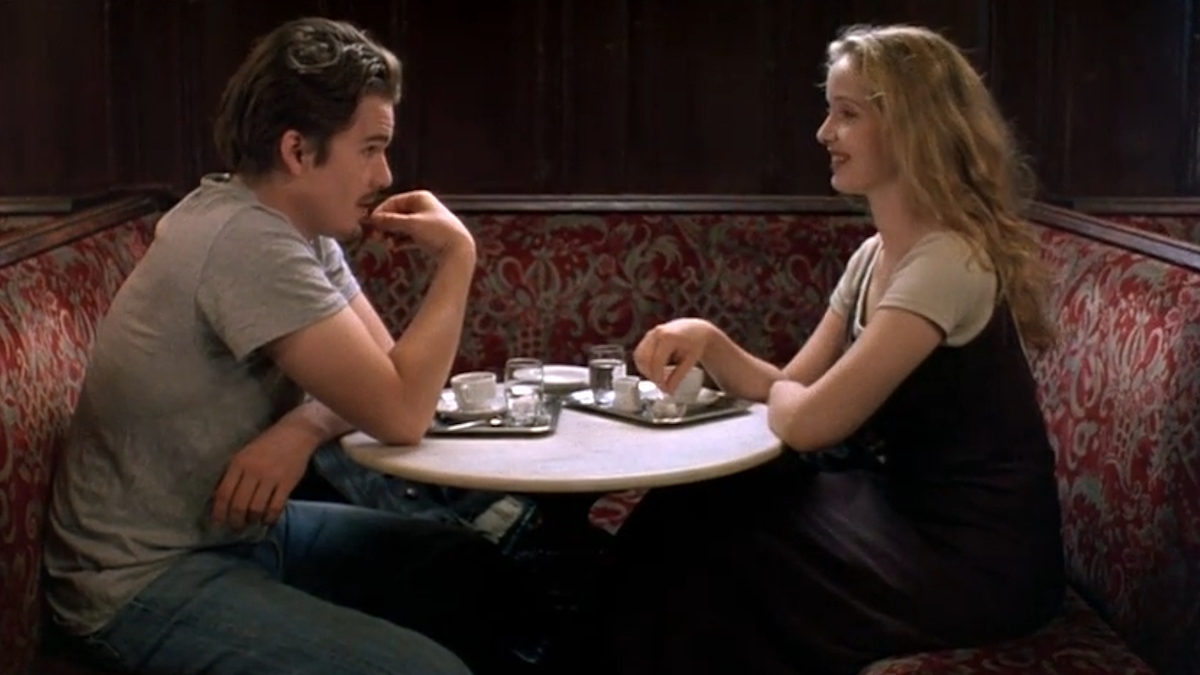
A mid-’90s masterwork by Richard Linklater, Before Sunrise centers on an American traveler (Ethan Hunt) who meets, by chance, a gorgeous French student (Julie Delpy) on a train to Vienna. At the last minute, the two seize on their attraction and decide to spend the rest of the day together, engaging in lively debates about love and intimacy while on gorgeous walkthroughs of the Donaukanal. Made on a budget of $2.5 million, Before Sunrise and its two sequels have inspired a lifetime of hopeless romantics who find a piece of themselves, and perhaps what they want, somewhere in Linklater’s picturesque visions.
5. All of Us Strangers (2023)
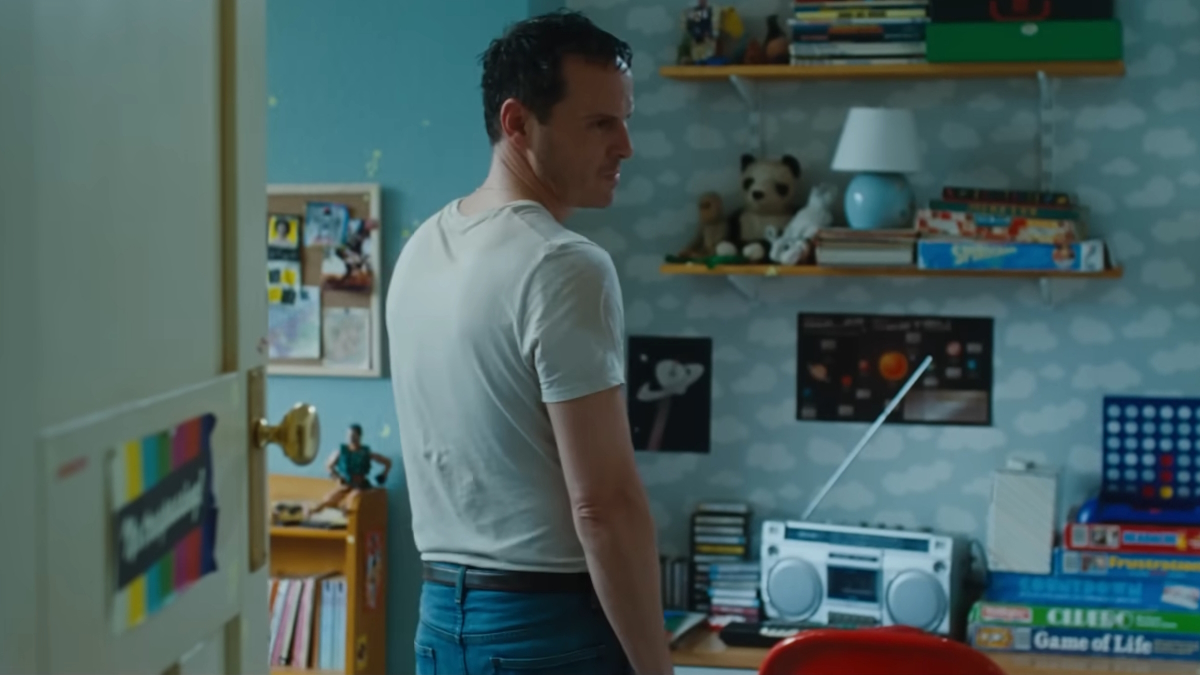
A heart-wrenching romantic fantasy from Andrew Haigh, Fleabag’s Andrew Scott plays a TV writer in London who learns that his childhood home in suburbia is still inhabited by his parents. Impossible, because they died long ago in a car accident one Christmas night. While Scott’s “Adam” catches up with his parents, he strikes up a relationship with an attractive neighbor (Paul Mescal). Based on the novel Strangers by Taichi Yamada, Haigh’s movie is all about how our restless search for peace can sometimes mean we lose ourselves to our wild imaginations. While All of Us Strangers’ production budget is unreported, its North American box office average of $33,000 per theater was considered quite strong by TheWrap.
4. Skinamarink (2022)
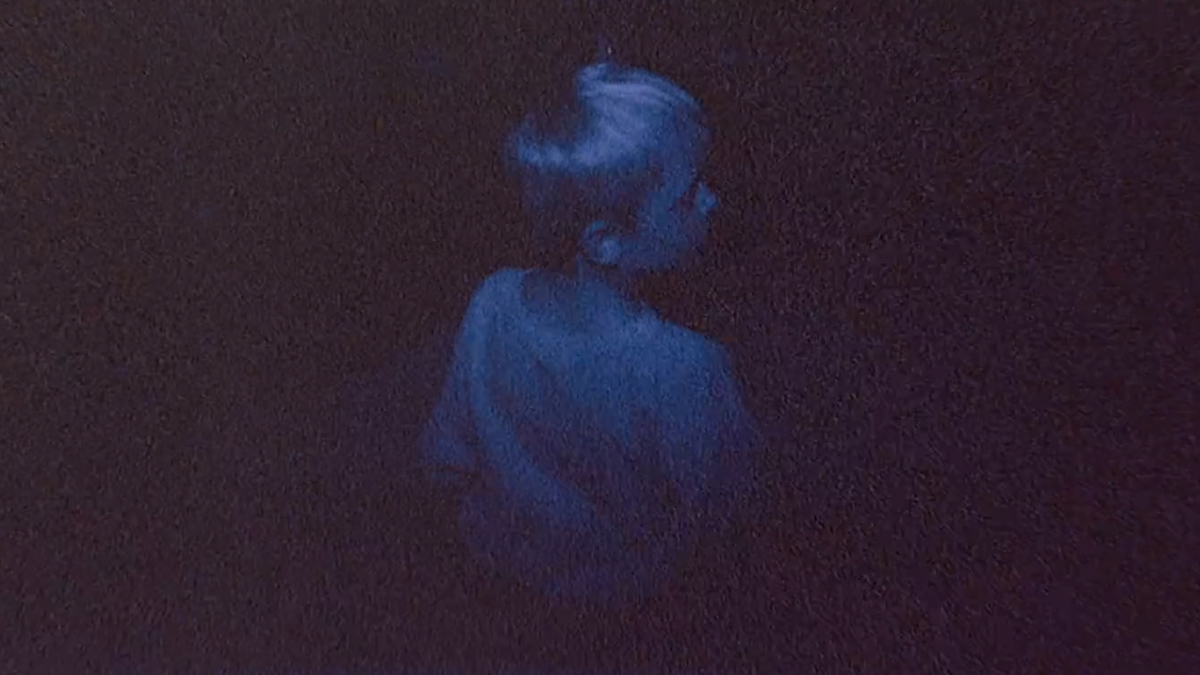
A creepy, uneasy haunted house horror, Kyle Edward Ball’s feature debut evokes all our dark, repressed memories of seeing our own homes through troubled eyes. Set in 1994, Skinamarink loosely tells the story of a four-year-old boy Kevin (Lucas Paul) who returns home from the hospital, after sustaining injuries caused by sleepwalking. Later that night, both Kevin and his sister Kaylee (Dali Rose Tetreault) find that their parents are missing, and soon, their entire house changes with a life of its own. Unsettling on a primal level, Skinamarink successfully spooked moviegoers throughout its January 2023 theatrical release, and it did so with a shoestring $15,000.
3. The People’s Joker (2022)
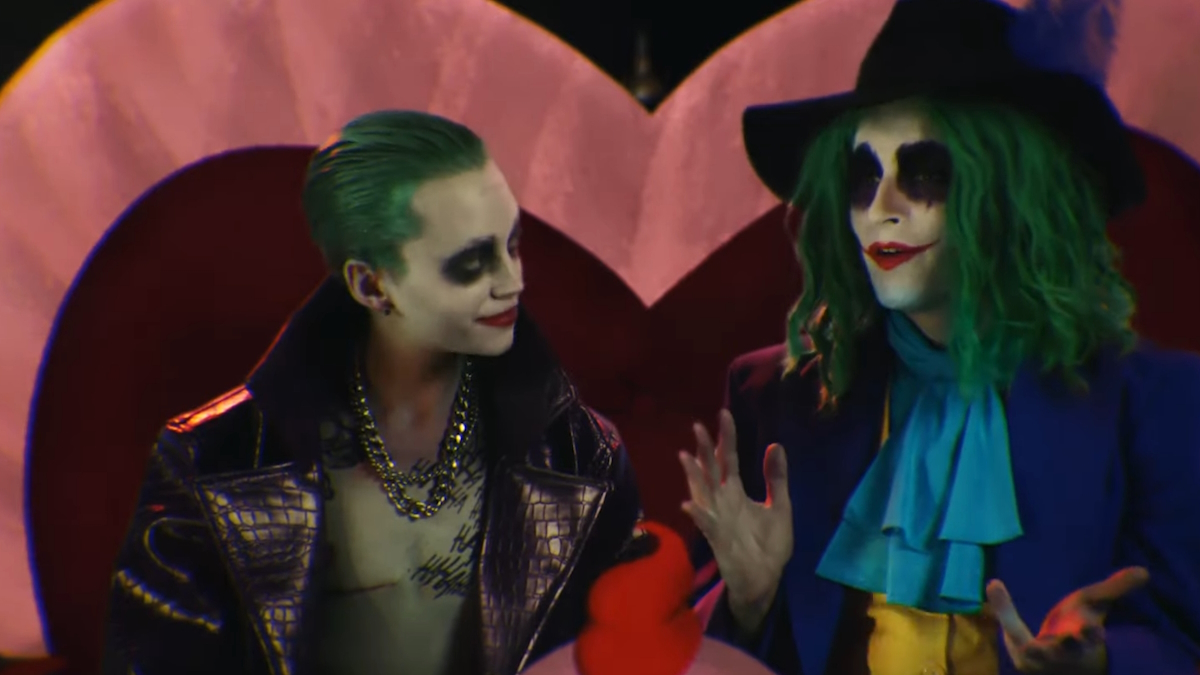
While neither Warner Bros. nor director Vera Drew have confirmed as such, it’s easy to surmise that The People’s Joker was prohibited from release for over a year due its obvious satire of Batman media. But get past the lampooning of superhero IP and what you have is, in fact, a deeply personal story about the triumph of self-acceptance and overcoming abuse trauma. In using the familiar frameworks of Batman, the Joker, and Harley Quinn, Drew interrogates her own “origin story” as an artist enduring a world inundated by derivative artistry and made impenetrable to those without capital. Highlighting its micro-budget nature, actor Robert Wuhl, who himself had a supporting role in Tim Burton’s Batman, appears in The People’s Joker via paid-for Cameo videos. If superheroes are indeed the ruling party of modern cinema, it takes transgressive features like The People’s Joker to challenge them.
2. Columbus (2017)
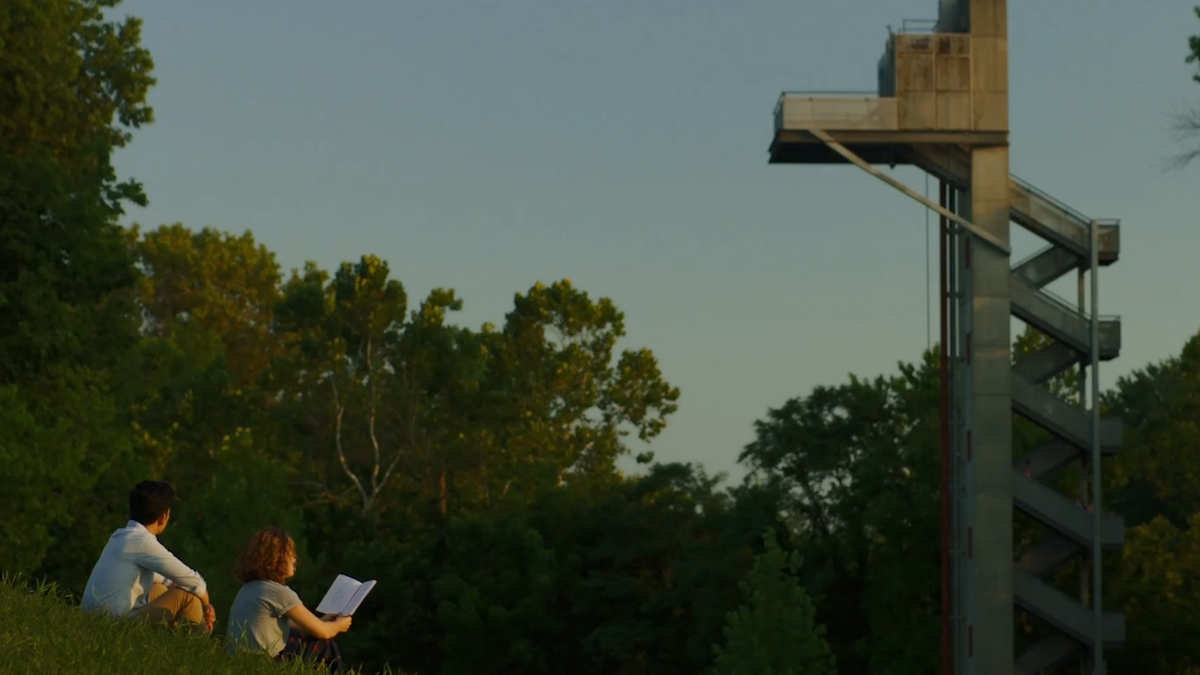
Written, edited, and directed by former film essayist Kogonada, Columbus follows two passing souls, played by John Cho and Haley Lu Richardson, who meet in Columbus, Indiana, a working class midwest town famous for its concentration of breathtaking modern architecture. Methodical and beguiling, Kogonada and his thoughtful actors - plus a soothing, meditative score by the collective Hammock - produce a rare spiritual experience that raises questions about identity, toxic familial relationships, and what to do when we’re at the crossroads of life. While Kogonada’s vision gets profound assistance from the city of Columbus itself (these buildings really are something to behold, which Kogonada elegantly frames in his wide shots), his debut film came together for just $700,000.
1. The Evil Dead (1981)
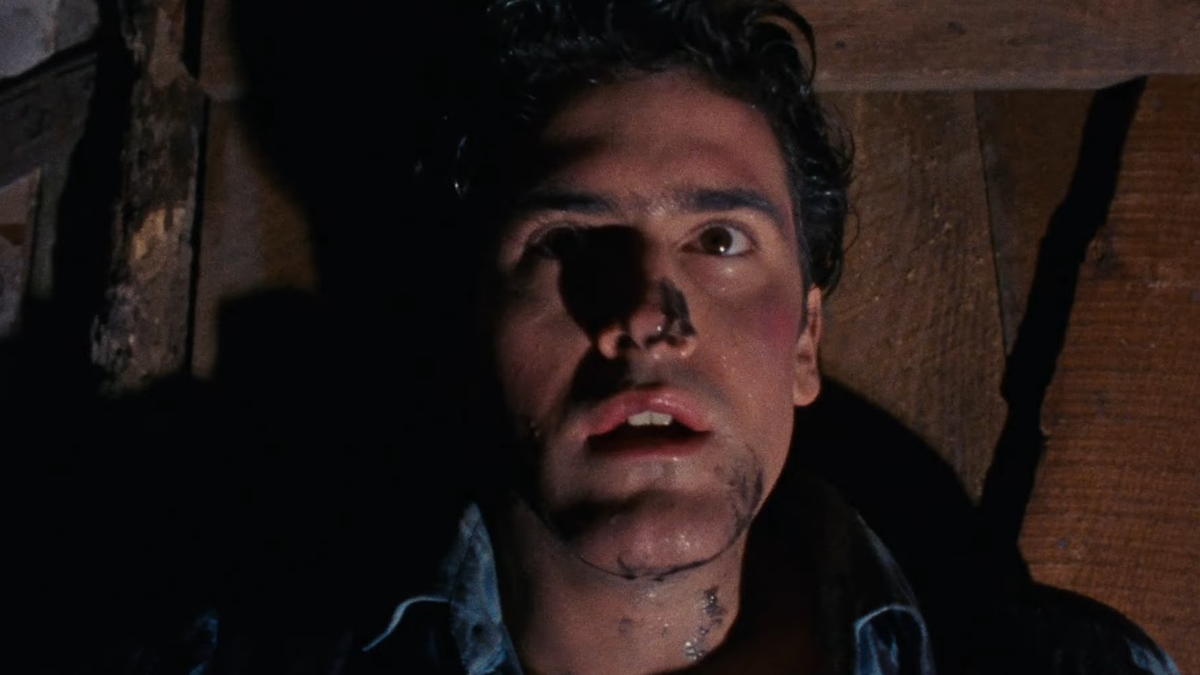
Horror really is the premier genre for out-there artists with little money to make a name for themselves. The Blair Witch Project was a seismic, culture-defining release, as was Paranormal Activity (made for $15,000) nearly a decade later. There was also Jordan Peele, who with just $4.5 million shattered his sketch comedy image with his acclaimed, socially-conscious body swap horror Get Out in 2017. But few low budget horror movies feel as consequential as The Evil Dead, made by an especially crafty Sam Raimi and his own friends including actor Bruce Campbell. Financed by Raimi basically begging family for cash, The Evil Dead is a sublime exhibition of Raimi’s contrasting sensibilities, a gruesome supernatural horror with Lovecraftian paranoia mixed with slapstick comedy. The success of The Evil Dead not only launched a franchise including sequels and cable TV spin-offs, but Raimi as a formidable studio director who has delivered more hits like The Quick and the Dead, Spider-Man, and Doctor Strange in the Multiverse of Madness.







